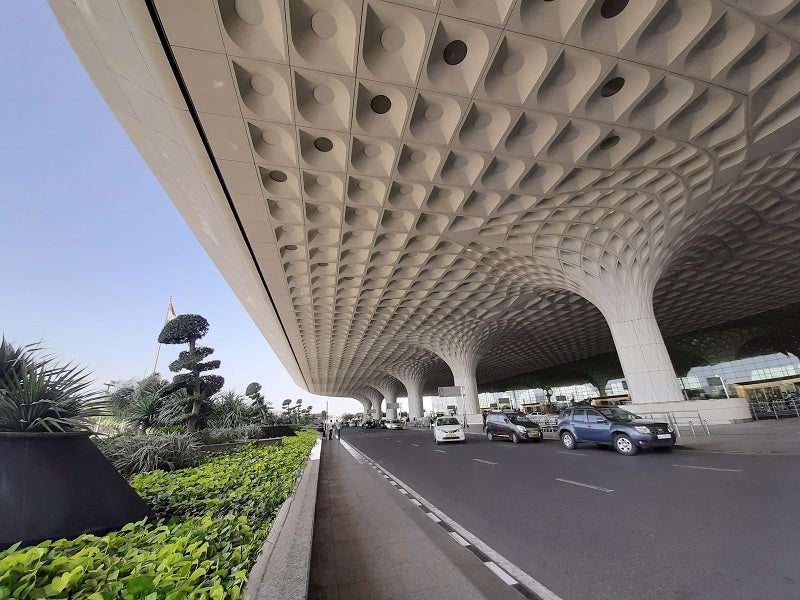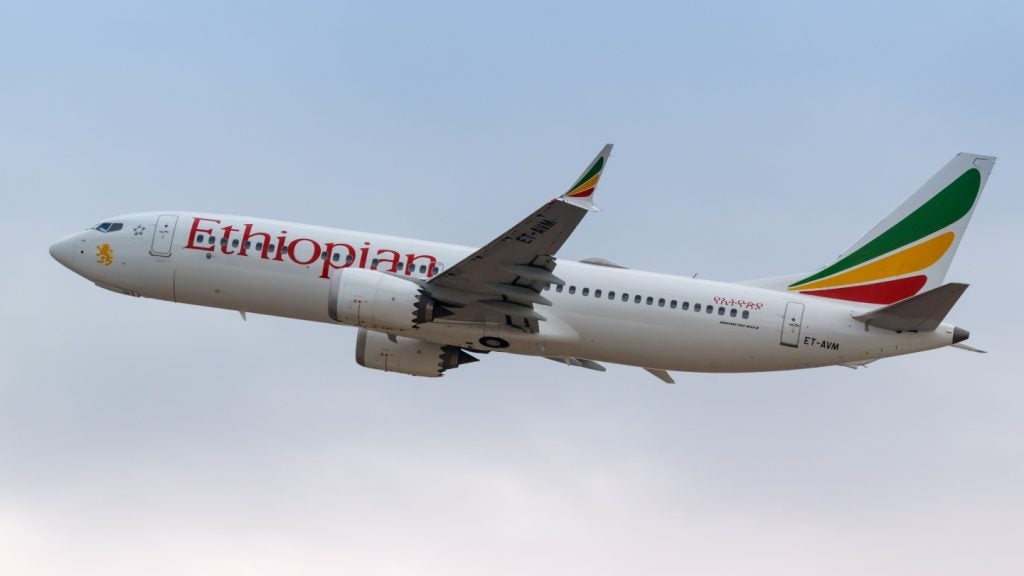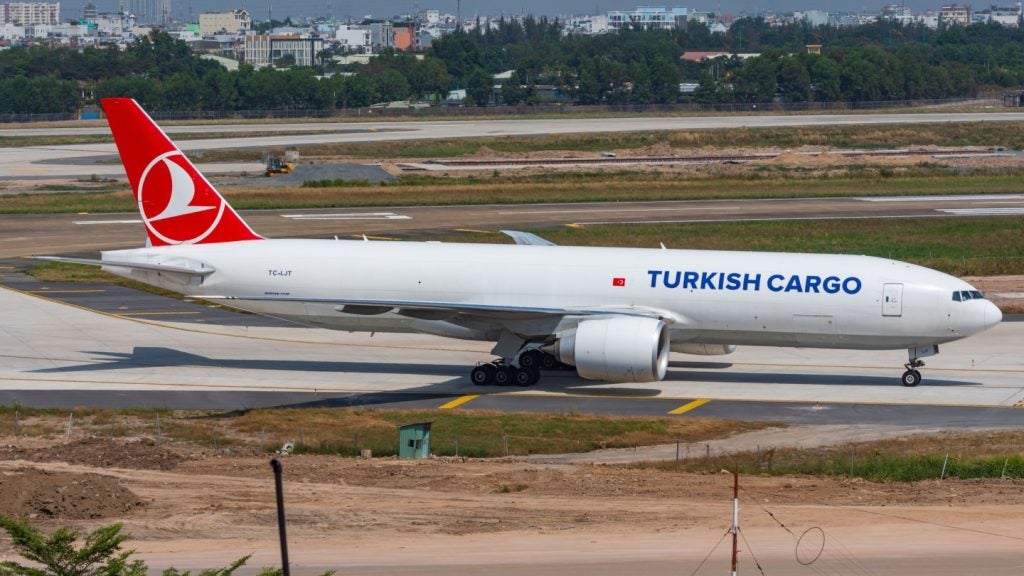
India’s Adani Group is reportedly planning to raise more than $1.5bn to refinance the debt of Mumbai International Airport (MIAL).
The group has initiated talks with some major banks including Barclays, Standard Chartered, Deutsche, and JPMorgan Chase, for raising the capital.
None of the parties involved gave any official confirmation on the matter.
In February this year, Adani Group completed the acquisition of a 23.5% interest in MIAL from two South African firms, namely Bidvest and Airports Company South Africa.
Through this deal, Adani gained a majority control in the second-busiest airport in India.
Adani Enterprises, in a stock exchange notification, stated that its airports unit had bought a 13.5% interest from Bidvest and a 10% stake from Airport Company of South Africa, for a consideration of Rs16.85bn ($312m).
How well do you really know your competitors?
Access the most comprehensive Company Profiles on the market, powered by GlobalData. Save hours of research. Gain competitive edge.

Thank you!
Your download email will arrive shortly
Not ready to buy yet? Download a free sample
We are confident about the unique quality of our Company Profiles. However, we want you to make the most beneficial decision for your business, so we offer a free sample that you can download by submitting the below form
By GlobalDataThis comes after Adani Group signed an agreement with GVK Group to acquire its 50.5% holding in MIAL last August.
According to Indian newspaper Business Standard, MIAL currently has a debt of nearly $1.2bn (Rs90bn), which includes around $731m (Rs54.7bn) of project term loan.
To refinance the existing debt, MIAL’s board approved a plan in March this year for raising 10-year rupee or foreign currency denominated bonds worth $1.5bn.
As per the plan, the bonds may be listed in London, Singapore or other stock exchanges across the globe.
Additionally, MIAL is said to explore the bridge loan option, which could be repaid through the proceeds of the bond.
The MIAL board is also said to have increased the borrowing limit of the company from $2.2bn (Rs165bn) to $3.3bn (Rs250bn) to support the capital raise.







